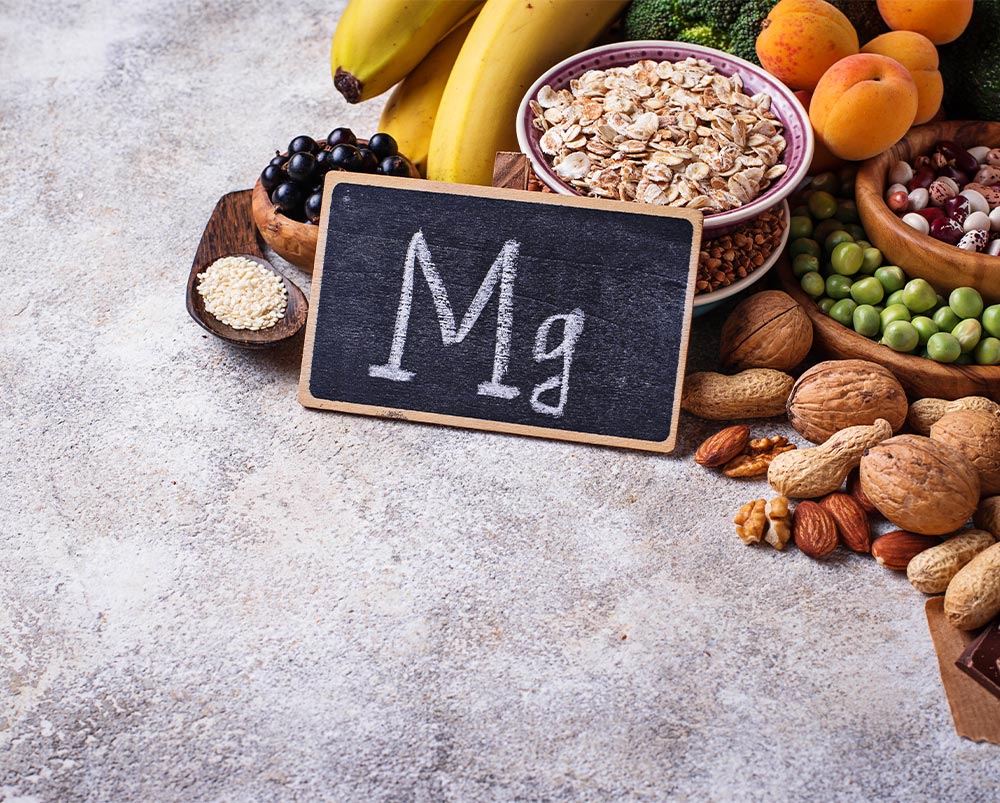If you're dealing with hair loss or weak, damaged hair, consider the power of glutathione. This antioxidant promotes healthy hair growth and overall wellness. In this post, we'll explore the importance of glutathione for hair health, how it promotes growth, and provide tips on naturally boosting your levels through dietary changes. We'll also address concerns about side effects and answer the question: how long does it take to see improvements in hair health with glutathione? Get ready to unlock the secret to luscious locks or healthy long hair!
Understanding Glutathione for hair
Glutathione, known as the master antioxidant, protects cells from oxidative stress and damage. It promotes skin health and reduces signs of aging. By neutralizing free radicals and detoxifying the body, glutathione supports the immune system and overall well-being. It also contributes to healthier hair follicles and vibrant, strong hair.
The Role of Glutathione Detoxification in the Body
Glutathione plays a vital role in the body's detoxification process by eliminating toxins and harmful substances. It also boosts the immune system, promoting overall health. In addition, glutathione has been found to have positive effects on hair health, stimulating growth and reducing hair loss. Consuming glutathione-rich foods or supplements can increase its levels in the body for healthier and stronger hair.

The Connection Between Glutathione and Hair Health
Low levels of glutathione can lead to hair loss and damage. Taking glutathione supplements can help improve hair growth and strength by reducing oxidative stress and inflammation in the body. Additionally, glutathione protects hair follicles, promotes collagen synthesis,and keepsthe scalp healthy. Certain lifestyle factors can deplete glutathione levels, making supplementation necessary for optimal hair health.
How Glutathione Promotes Hair Growth
Glutathione plays a crucial role in promoting healthy hair growth. It enhances nutrient delivery to hair follicles, improving overall hair health. Acting as a potent antioxidant, glutathione protects hair follicles from oxidative stress and prevents hair loss. Additionally, it supports the production of melanin, the pigment responsible for hair color. Regular consumption of glutathione-rich foods or supplements can enhance hair texture, strength, and shine. Low levels of glutathione can also impact immune function, affecting hair growth.
Ways to Boost Glutathione Levels
To boost glutathione levels naturally, incorporate glutathione-boosting foods like asparagus, avocado, and spinach into your diet. Consider taking a supplement, such as NMNsify Glutathione, to support glutathione production. Reduce exposure to toxins and pollutants that can deplete glutathione levels. Additionally, prioritize sleep and stress management to help support optimal glutathione levels. Boosting glutathione can promote healthier hair by reducing oxidative damage and supporting detoxification.
Dietary Changes for Enhanced Glutathione Production
Boost your body's glutathione production and nutrition by making simple dietary changes. Include sulfur-rich foods like garlic, onion, and cruciferous vegetables in your meals. Enjoy citrus fruits and leafy greens to enhance glutathione recycling with vitamin C. Opt for meat and dairy products from grass-fed animals for higher cysteine content. Avoid processed foods, and consider NMNsify Glutathione supplements for optimal levels. Energize your hair health with these nutrient-rich choices.

Are there any side effects of excessive Glutathione?
Excessive intake of glutathione may lead to abdominal discomfort, nausea, and vomiting. It can interfere with the body's natural antioxidant production. To avoid side effects, always follow the recommended dosage instructions for glutathione supplementation.
How long does it take to see improvements in hair health with Glutathione?
The timeline for noticing improvements in hair health with Glutathione can vary. Some individuals may see results within a few weeks, while others may take several months. Consistently using Glutathione supplements can aid in promoting healthy hair growth.
Conclusion
To sum it up, glutathione is an essential antioxidant that plays a crucial role in promoting healthy and strong hair. It not only supports hair growth but also helps protect it from damage caused by free radicals and oxidative stress. While there are dietary changes you can make to enhance glutathione production in your body, it's important to note that excessive glutathione levels may have side effects. It's always best to consult with a healthcare professional before making any significant changes to your diet or supplement routine. With consistent use and patience, you can expect to see improvements in your hair health over time. So, start incorporating glutathione-boosting practices into your lifestyle and embrace the journey to healthier, more beautiful hair.
Frequently Asked Questions
Does glutathione whiten hair?
Glutathione does not have whitening properties for hair. Instead, it acts as an antioxidant that protects hair follicles from damage and promotes overall hair health. Boosting glutathione levels can contribute to stronger and healthier hair.

Is glutathione good for hair and nails?
Glutathione's antioxidant properties make it beneficial for hair and nail health. It can help prevent damage from free radicals and oxidative stress, improving the strength and appearance of hair and nails. Taking oral glutathione supplements can provide optimal results for skin rejuvenation.
What is Glutathione Antioxidant?
Glutathione antioxidant is a powerful cell protector. It is produced naturally by the body and can be obtained through diet or supplements. Glutathione offers various health benefits, including improved immune function and reduced risk of chronic diseases. In terms of hair health, it may help promote healthy hair growth by reducing oxidative stress.
How does our body lose Glutathione?
Glutathione levels can decrease as we age, experience stress, have a poor diet, or are exposed to environmental toxins. Certain medications and medical conditions can also deplete glutathione levels. Additionally, our body's natural production of glutathione decreases with age. Boosting glutathione levels can be achieved by consuming foods rich in amino acids like cysteine, methionine, and glycine.
Can I take too much of this supplement or will it cause side effects?
Excessive intake of glutathione can lead to side effects. These may include stomach upset and allergic reactions. It is essential to follow the recommended dosage mentioned on the supplement label. Prior consultation with a healthcare professional is advised before starting any new supplements.
References:
Glutathione and its antiaging and antimelanogenic effects
Oxidative Stress: Harms and Benefits for Human Health
Relationships between Hair Melanization, Glutathione Levels, and Senescence in Wild Boars
Glutathione and morbidity in a community-based sample of elderly





Leave a comment (all fields required)